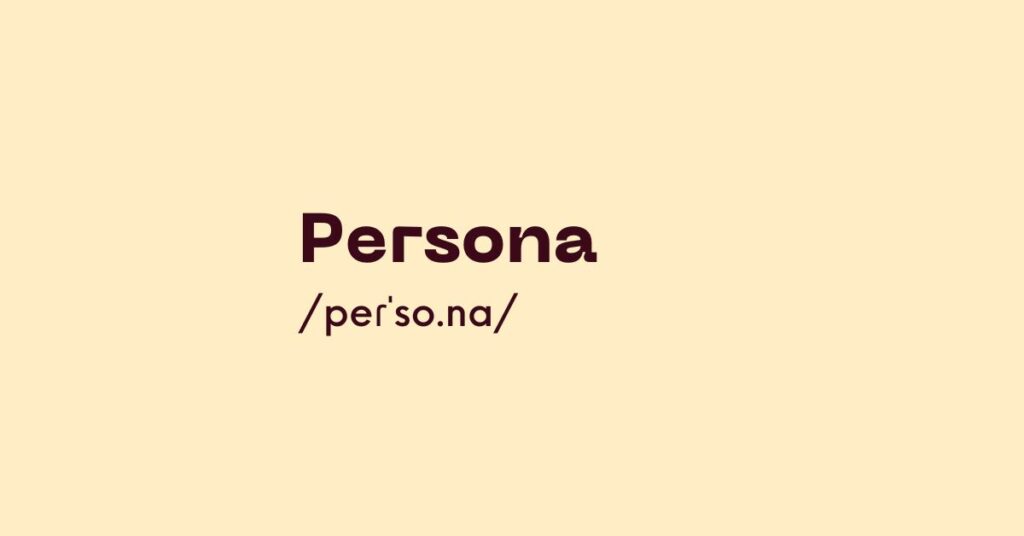Today’s Spanish word of the day is “persona”.
It’s a feminine noun meaning “person”.
Even if you’re referring to a male, the word “persona” is still feminine, and any adjectives used to modify it need to be feminine too, for example:
- Él es una persona sabia. – He is a wise person.
It’s also used in grammatical terms to refer to the subject of a verb, for example “primera persona” (“first person”) and “tercera persona” (“third person”).
The word “persona” comes from the Latin word persona, which originally referred to a mask worn by actors, and later evolved to mean an individual character or person. This is also the root of the English words “person”, “persona” and “personality”, among others.
Example sentences
Mi hermana es la persona más importante para mí.
My sister is the most important person to me.
Hay una persona en mi ciudad que pasea a su gato en un carrito de bebé.
There’s a person in my city who walks their cat in a baby stroller.
Una sola persona puede cambiar el mundo.
One person can change the world.
Conocí a una persona que usa calcetines diferentes para ‘representar su dualidad interior’.
I met a person who wears mismatched socks to “represent their inner duality”.
Ser una buena persona es más importante que ser rico.
Being a good person is more important than being rich.

